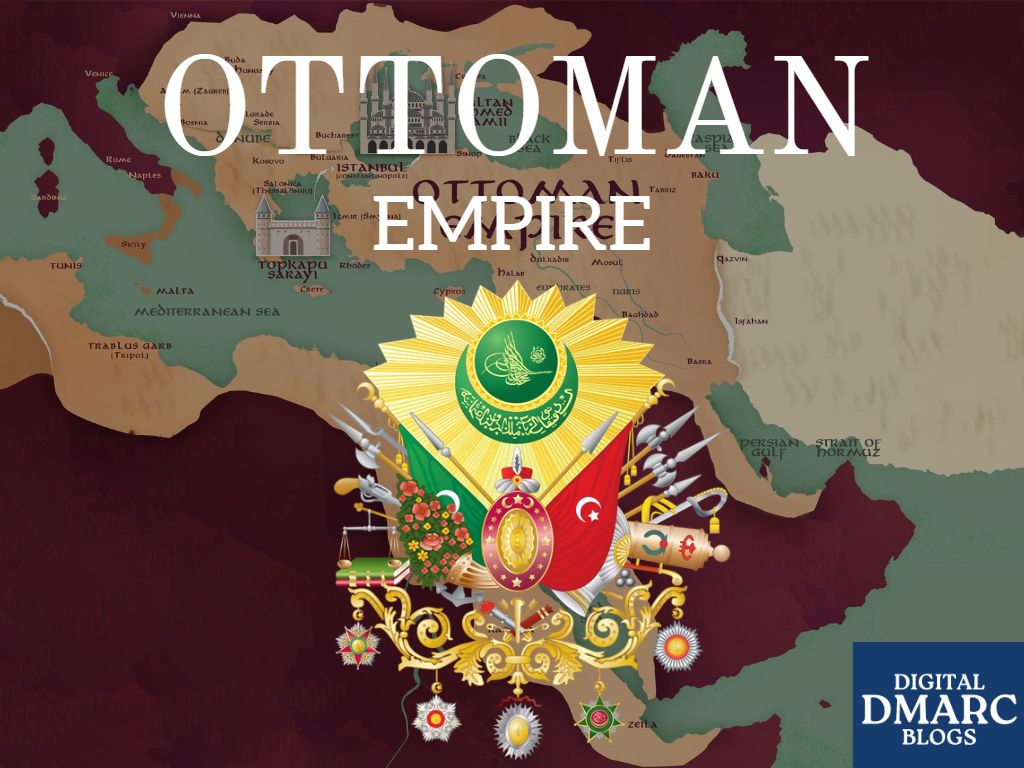The Ottoman Empire was one of the most significant and powerful empires in history. Spanning from the 14th century until the early 20th century, the Ottomans ruled over a vast region that encompassed much of southeastern Europe, western Asia, and northern Africa. Their legacy is still evident in the modern-day countries of Turkey, Greece, and many others. In this article, we will delve deeper into the history of the Ottoman Empire and its impact on the world.
Origins of the Ottoman Empire
The Ottoman Empire was founded by Osman I, a Turkish warrior and leader who rose to power in the late 13th century. Osman and his followers were able to conquer several small principalities in Anatolia, establishing a foothold in the region. Over the next few decades, the Ottomans continued to expand their territory, defeating the Byzantine Empire and capturing the city of Constantinople in 1453.
Expansion and Conquest
With the capture of Constantinople, the Ottomans became the dominant power in southeastern Europe and western Asia. They continued to expand their territory, conquering new lands and establishing a vast empire that stretched from Hungary to Iraq. The Ottomans were also known for their naval power, controlling much of the Mediterranean and Black Sea.
read more on osman Ghazi “Father of Ottoman”
Under the rule of Suleiman the Magnificent, the Ottoman Empire reached its peak in the 16th century. Suleiman oversaw major military campaigns, conquering much of Hungary and parts of Austria. He also led successful campaigns against the Safavid Empire in Iran and the Mamluk Sultanate in Egypt.
Culture and Society
The Ottoman Empire was a diverse and multicultural society, with a population that included Turks, Arabs, Persians, and many other ethnic groups. The Ottomans were known for their tolerance of other religions, and Christians and Jews were allowed to practice their faiths under Ottoman rule.
The Ottomans were also known for their contributions to art and architecture. The most famous example of Ottoman architecture is the Sultan Ahmed Mosque, also known as the Blue Mosque, in Istanbul. The Ottomans were also skilled in calligraphy, ceramics, and textiles.
Decline and Fall
Despite its early success, the Ottoman Empire began to decline in the 18th and 19th centuries. The Ottomans were unable to keep up with the rapidly changing political and economic landscape of Europe, and they fell behind in terms of military technology and innovation. This weakness was exploited by European powers, who began to carve up Ottoman territory for their own interests.
The decline of the Ottoman Empire came to a head during World War I, when the Ottomans sided with Germany against the Allies. The Ottomans suffered a series of crushing defeats, and their empire was dismantled in the aftermath of the war. The modern-day country of Turkey emerged from the ruins of the Ottoman Empire.
Legacy of the Ottoman Empire


Despite its decline and fall, the Ottoman Empire left a lasting legacy on the world. The Ottomans were skilled administrators, and their system of government influenced many later empires, including the British and French. The Ottomans also played a key role in shaping the Middle East, and many of the region’s current political and social divisions can be traced back to Ottoman rule.
In conclusion, the Ottoman Empire was a significant and influential empire that left a lasting impact on the world. From its origins in Anatolia to its peak under Suleiman the Magnificent, the Ottomans were a force to be reckoned with. Although the empire ultimately fell apart in the 20th century, its legacy can still be felt today in the countries and cultures that it helped to shape.
FAQ
What was the Ottoman Empire?
The Ottoman Empire was a powerful and long-lasting empire that originated in what is now modern-day Turkey in the late 13th century. It expanded to include much of southeastern Europe, western Asia, and northern Africa and lasted until the early 20th century.
What were the major accomplishments of the Ottoman Empire?
The Ottoman Empire was known for its military conquests, art and architecture, religious tolerance, and diverse and multicultural society. It also made significant contributions to science, literature, and education.
Who were the rulers of the Ottoman Empire?
The Ottoman Empire was ruled by a succession of sultans, starting with Osman I in the late 13th century and ending with Mehmed VI in the early 20th century.
What led to the decline of the Ottoman Empire?
The decline of the Ottoman Empire can be attributed to several factors, including economic stagnation, political instability, and military weakness. The Ottomans also struggled to keep up with the rapidly changing political and economic landscape of Europe and fell behind in terms of military technology and innovation.
What was the legacy of the Ottoman Empire?
The Ottoman Empire had a lasting impact on the world, especially in the Middle East and southeastern Europe. Its system of government influenced later empires, and many of the region’s current political and social divisions can be traced back to Ottoman rule. Additionally, the Ottomans made significant contributions to art, science, and culture.
DIGITALDMARCBLOGS



